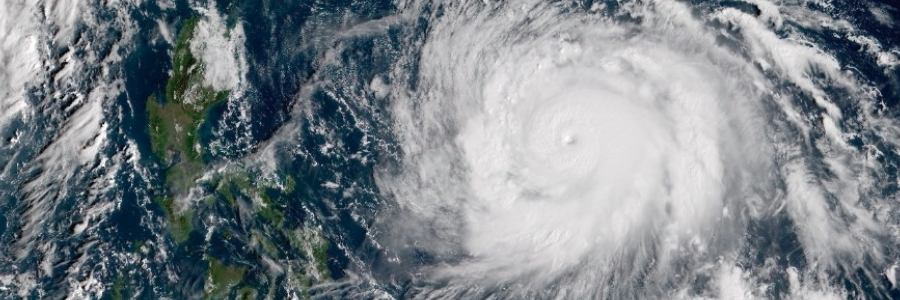The European Union is allocating €570 000 (PHP 34 million) in humanitarian funding to deliver emergency relief assistance to families affected by powerful Tropical Storm Tembin, which wreaked havoc across large parts of the southern Philippines just before Christmas. The funds will be used to address the immediate needs of those who have been most affected by the tropical system in the heavily hit areas.
“This EU contribution underlines our commitment to the people of the Philippines, many of whom have suffered great losses as a result of Tropical Storm Tembin and are in dire need of immediate assistance. My thoughts are with the victims and all affected by the catastrophe”, said Christos Stylianides, EU Commissioner for Humanitarian Aid and Crisis Management. “The funding will enable our humanitarian partners to deliver life-saving aid to those most in need, to ensure that they have the capacities to face the grave hardships.”
Tropical Storm Tembin, known locally as Vinta, struck the southern part of the Philippines on the night of 22nd December, leaving a trail of destruction in at least 23 provinces across the southernmost island of Mindanao. Over 670 000 people have been affected, including over 140 000 of whom are presently displaced. This includes communities who were already displaced by the ongoing conflict in the region, and are therefore in a state of extreme vulnerability. According to initial assessments, over 2 600 homes have also been damaged, more than 60% of which were completely destroyed.
The EU-funded assistance will focus on responding to immediate needs of the most vulnerable families, including the provision of emergency shelter and essential household items, access to clean water and hygiene promotion. Humanitarian experts from the European Civil Protection and Humanitarian Aid Operations (ECHO) have also been deployed in some of the most affected localities to assess the situation and identify the most pressing needs.
Original source and report: European Commission
Published on 28 December 2017

